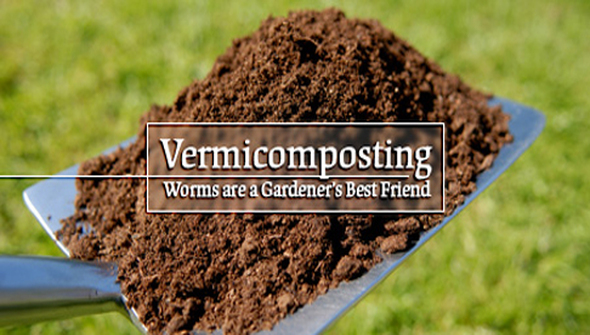One of the major threats challenging the world today is deterioration of the environment. The proliferating use of synthetic fertilizers for agricultural purposes has depleted the soil of its natural fertility and robbed it of essential nutrients. This has not just adversely impacted agricultural productivity but has also resulted in depletion of fossil fuels and contamination of water resources.
Keeping in view the declining trend, sustainable farming practices are now being adopted to reverse this trend. One such practice that turns organic wastes into very high quality compost with the help of microorganism and earthworms is known as vermicomposting.
With millions of tonnes of organic waste being generated every year, vermicomposting is a safe way to convert these wastes into useful nutrients that can enhance the fertility of the soil. In fact, this biotechnological process, besides dealing with the problem of safe disposal of waste also provide with essential resources for sustainable productivity.
Importance of Vermicomposting:
- The castings produced by the earthworms contain higher percentage of both macro and micro nutrients essential for plant growth. In fact, the uptake of nutrients by plants is also enhanced.
- Researches prove that growth promoting hormones are present in vermicompost.
- Vermicomposting plays a major role in improving the yield of different field crops, vegetables, fruits and flowers.
- The application of vermicompost positively affects soil pH, microbial population and soil enzyme activities.
The utilization of vermicompost offers several benefits to farmers, industries, and environment and to the overall national economy. Addition of organic matter such as vermicompost to the soil enhances the water holding and nutrient providing capacity of soil. Besides this, it also aids in the development of resistance in plants to pests and diseases.
Vermicomposting is a low-cost technology that helps in the production of high quality humus, which is turn, is essential for fulfilling the nutritional needs of crops.
Click to know more @http://www.enviroindia.in





 WhatsApp Business +91 88000 09776
WhatsApp Business +91 88000 09776
 CSC
CSC  WhatsApp Business
WhatsApp Business 